The original Dzogchen teachings are found equally in the old, unreformed Tibetan schools of the Buddhist Nyingmapas and the pre-Buddhist Bonpos. These teachings are substantially the same in both schools in terms of meaning, terminology, and practice, both traditions justly claiming unbroken lineages of transmission coming down to the present day from the 8 century, and even before. Moreover, both schools assert that Dzogchen did not originate in Tibet itself, or even in India, but in Central Asia, variously known as Tazik and Uddiyana. From there it was brought to India and Central Tibet by certain Mahasiddhas, or great adepts, where it represented an Upadesha, or secret oral instruction, concerning an unconditioned state of being and awareness beyond the Tantric process of transformation. This refers to the natural state of the nature of mind, one’s own innate Buddha-nature, that is beyond all time, conditioning, and causality. In both traditions, the Nyingmapa and the Bonpo, Dzogchen is regarded as the ultimate teaching of the Buddhas of three times and it is classified as the ninth or highest vehicle to enlightenment. In this volume will be found translations from the Tibetan of the Dzogchen teachings originally transmitted by the master Tapihritsa to his disciple Nangzher Lodpo at the Darok Lake in Zhang-zhung, or Northwestern Tibet, which, at that time, was still an independent kingdom. Included here also are translations of the hagiographies of the principal masters of this tradition in ancient times, extending back to the ultimate source of the Dzogchen teachings, the Primordial Buddha, Kuntu Zangpo himself. The appendices in the book present translations and explanations of the preliminary practices for this tradition of Dzogchen, known as Ngondro, as well as the Guru Yoga practice for Tapihritsa. These explanations proceed according to the oral instructions of Yongdzin Rinpoche, Lopon Tenzin Namdak, the greatest living exponent of the Bonpo tradition of Dzogchen. The texts of the Zhang-zhung Nyan-gyud, first written down in the 8 century in the Zhang-zhung language and a century later translated by Ponchen Tsanpo into Tibetan, never became Termas, or hidden treasure texts, but represent a continuous system of oral and written transmission until the present time. Therefore, the Zhang-zhung Nyan-gyud, "the oral tradition from Zhang-zhung," is of singular importance for the understanding of the historical development of Dzogchen in Early Tibet.
The Oral Tradition from Zhang-Zhung
In stock
Free & Quick Delivery Worldwide
reviews
Bibliographic information
Title
The Oral Tradition from Zhang-Zhung
Author
Edition
1st ed.
Publisher
ISBN
9994664441
Length
xx+577p., Figures; Notes; Appendices; Glossary; Bibliography; Index; 23cm.
Subjects

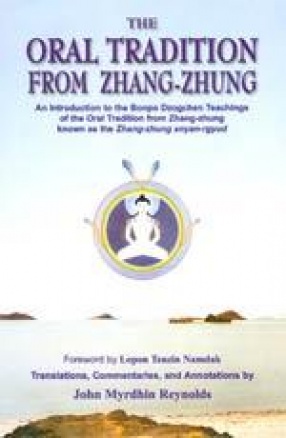
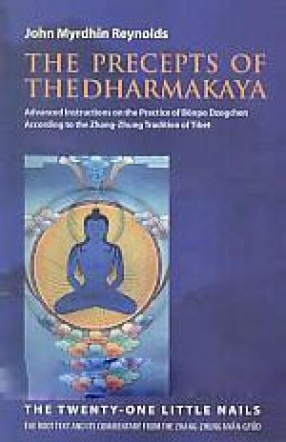
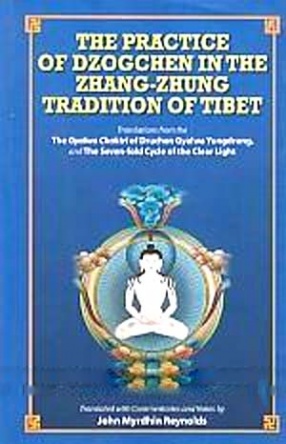
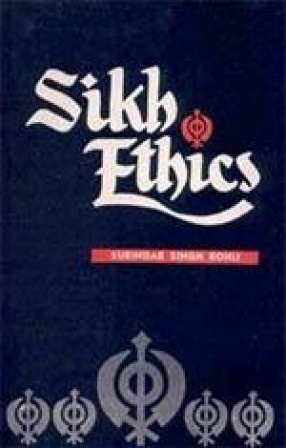
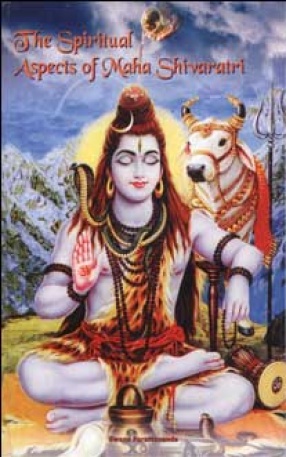
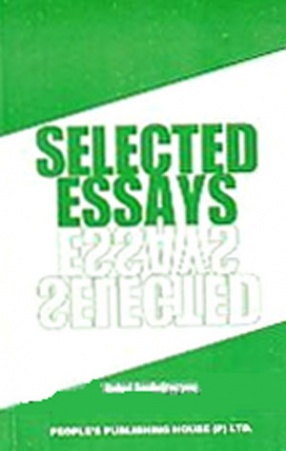
There are no reviews yet.